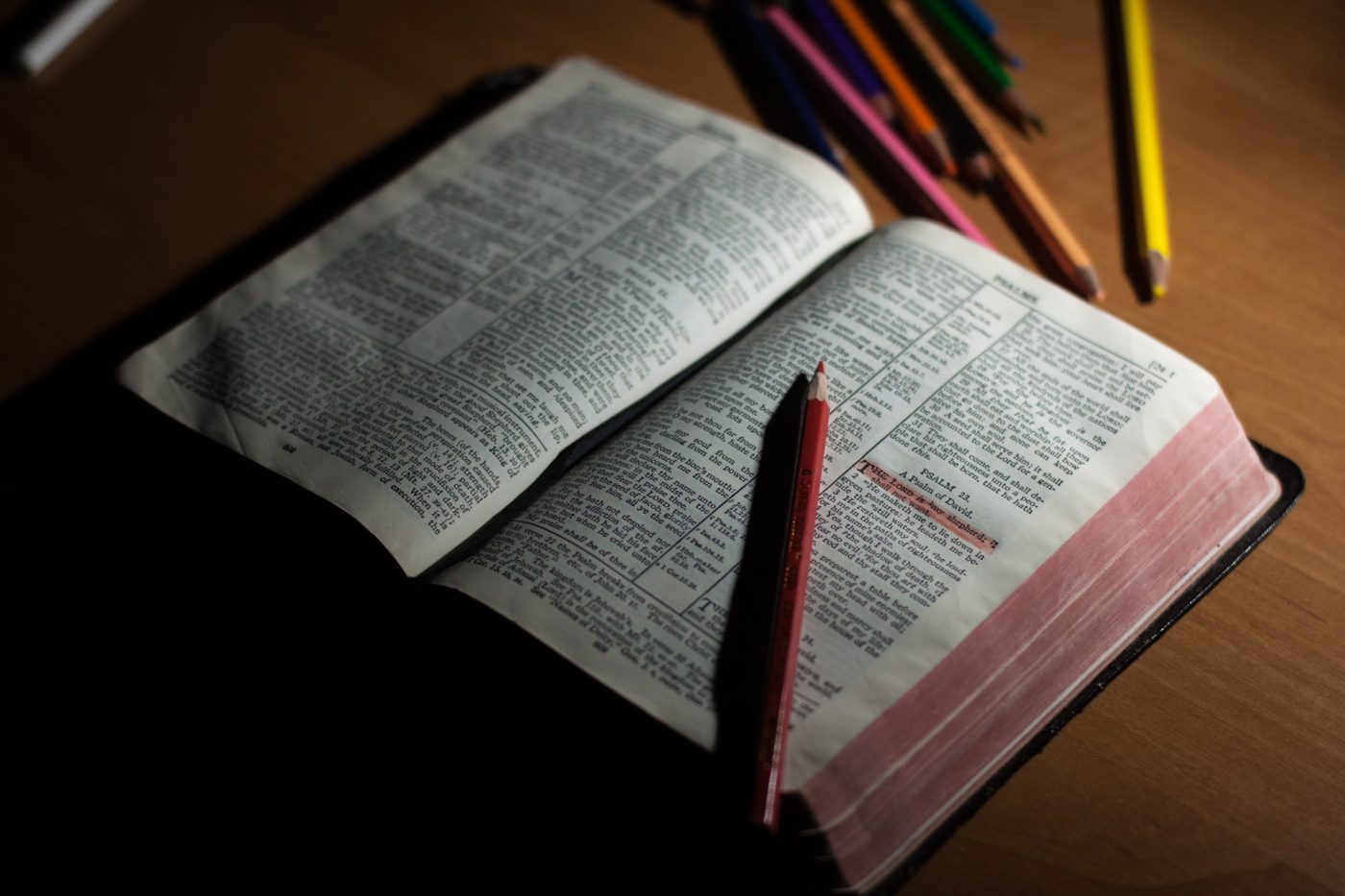Philadelphia, Pennsylvania is known as the “city of brotherly love.” The reason the city is known this way has less to do with the kindness or love shown by its citizens, but because of the meaning of the city’s name. The name of the city comes from the Greek word philadelphia which means the love of a brother or a sister (BDAG). Citizens of Philadelphia should not be the only individuals known for brotherly love. Citizens of the kingdom of our God should be known as a people of brotherly love (2 Pet. 1:7, NKJV).
Those who wish to take part in “the everlasting kingdom of our Lord and Savior Jesus Christ” will give “all diligence” to ensure that they are showing and growing in “brotherly kindness” (2 Pet. 1:5-11). To have “brotherly kindness” is to have brotherly love. As Christians, it makes sense that we ought to have brotherly love. As members of the Lord’s body, we are all brethren. We are all children of our heavenly Father. We all should have a love for one another as brothers and sisters in Christ.
Brotherly love should not be a problem for Christians, but expressing brotherly love can be a challenge. We are all different people with different personalities and different qualities. This reality can make getting along a challenge. Despite the challenge, if we know what God has provided for us through His Son, we should do all that we can to rise to the challenge (2 Pet. 1:3-4). Having “purified [our] souls in obeying the truth,” we are to express love to one another “in sincere love of the brethren” (1 Pet. 1:22). As brethren, we are to “be kindly affectionate to one another with brotherly love” (Rom. 12:10). We must do all that we can to “let brotherly love continue” (Heb. 13:1).
If expressing brotherly love was easy, we would have no need to be encouraged or instructed to grow in it. As challenging as it may be, however, the more we express brotherly love, the easier it will be to take the next step. Peter says that as we grow in “brotherly kindness,” we are to then grow in our “love.” When we learn to love our brethren as we ought to, we will find it easier to love all men as we ought to (2 Pet. 1:7). For in so doing, Peter says we will be making “our call and election sure” (2 Pet. 1:10).
By Preston McElyea


